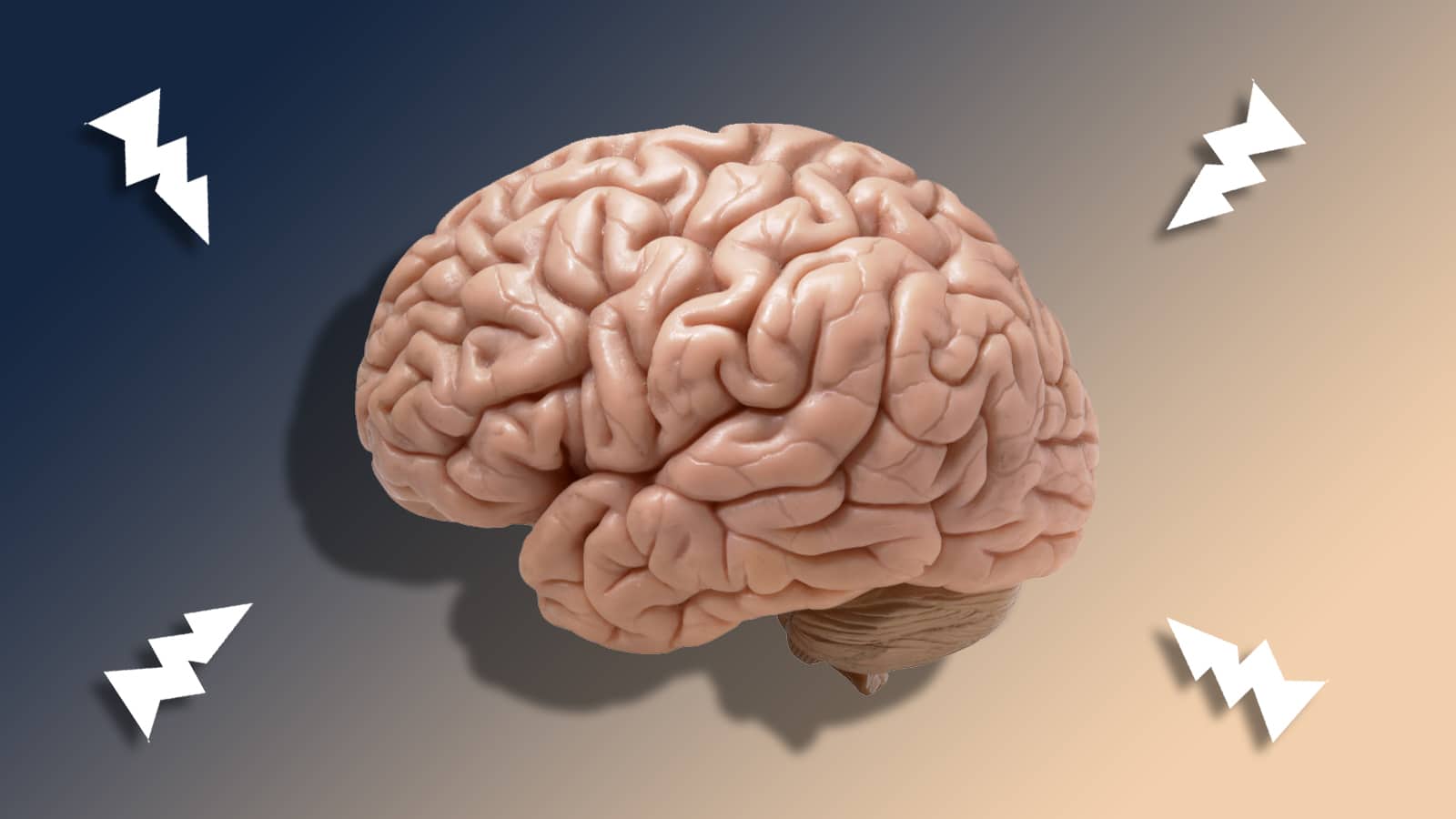
Nootropics are supplements that act as neuroenhancers, or nootropics. They typically improve cognition and focus, with the ability to increase mental acuity and cognitive processing speed. However, these drugs also have some side effects such as insomnia, anxiety, and more. The best way to choose the best nootropics is to make sure that it not only works well but doesn’t have adverse side effects you’re willing to take on with your health. So, Are nootropics bad for you?
Nootropics or “smart drugs” are substances taken by consumers for the purpose of improving cognitive function such as memory function and learning ability. The compounds act as neuroenhancers, or nootropics.
Nootropics are classified into two general categories: racetams, which are found naturally in plants and animals, and synthetic compounds such as amphetamines and opioids, which are created in a laboratory.

The amount of research on these drugs is relatively limited. In the United States, most products fall under the Dietary Supplement Health and Education Act (DSHEA), passed by Congress in 1994. Under DSHEA, supplements must be proven safe when used as recommended before they can be marketed with claims of improving cognition or memory; supplement companies are frequently accused of making unfounded health claims.
This is not to say that all such products are flawed. Certain nootropic chemicals have well-established safety profiles, and some molecules that have demonstrated cognitive boosting effects in the laboratory have been found to promote brain function in the elderly. However, we can’t count on them to reverse age-related cognitive decline on their own.
Nootropics are said to improve learning and memory by increasing levels of certain neurotransmitters such as acetylcholine, dopamine, and serotonin. These neurotransmitters work through receptors located in different parts of the brain, including the hippocampus and prefrontal cortex. Some recent studies suggest they may also work through receptors in specific areas of the cortex associated with memory.
What Nootropics Do
Certain nootropic substances have been found to have significant effects on the brain. Certain drugs increase blood flow to the brain, while others are linked to increased activity in the hippocampus. Unlike some traditional antidepressants that work on serotonin—a neurotransmitter thought to play an important role in mood—these medications affect other neurotransmitters such as dopamine and glutamate, which is one of the most well-known brain chemicals. It is responsible for many of its functions including cognition, learning and memory. Some nootropics also appear to decrease inflammation in the brain and may improve cognitive function by increasing levels of neurotrophic factors.






